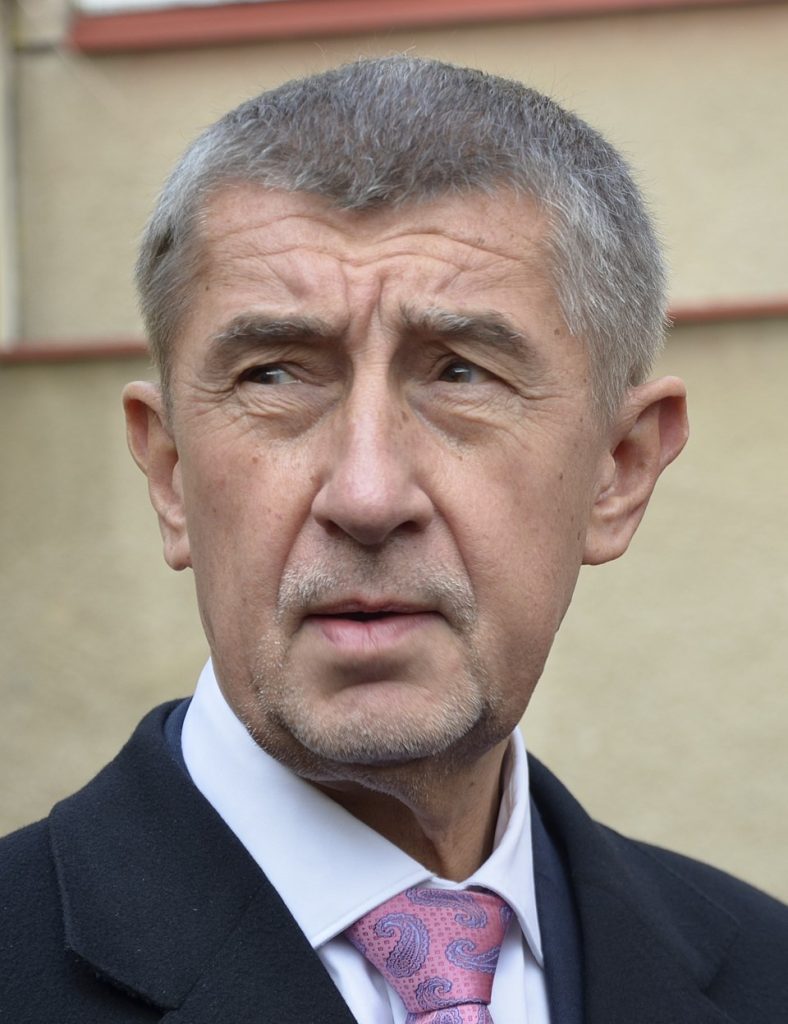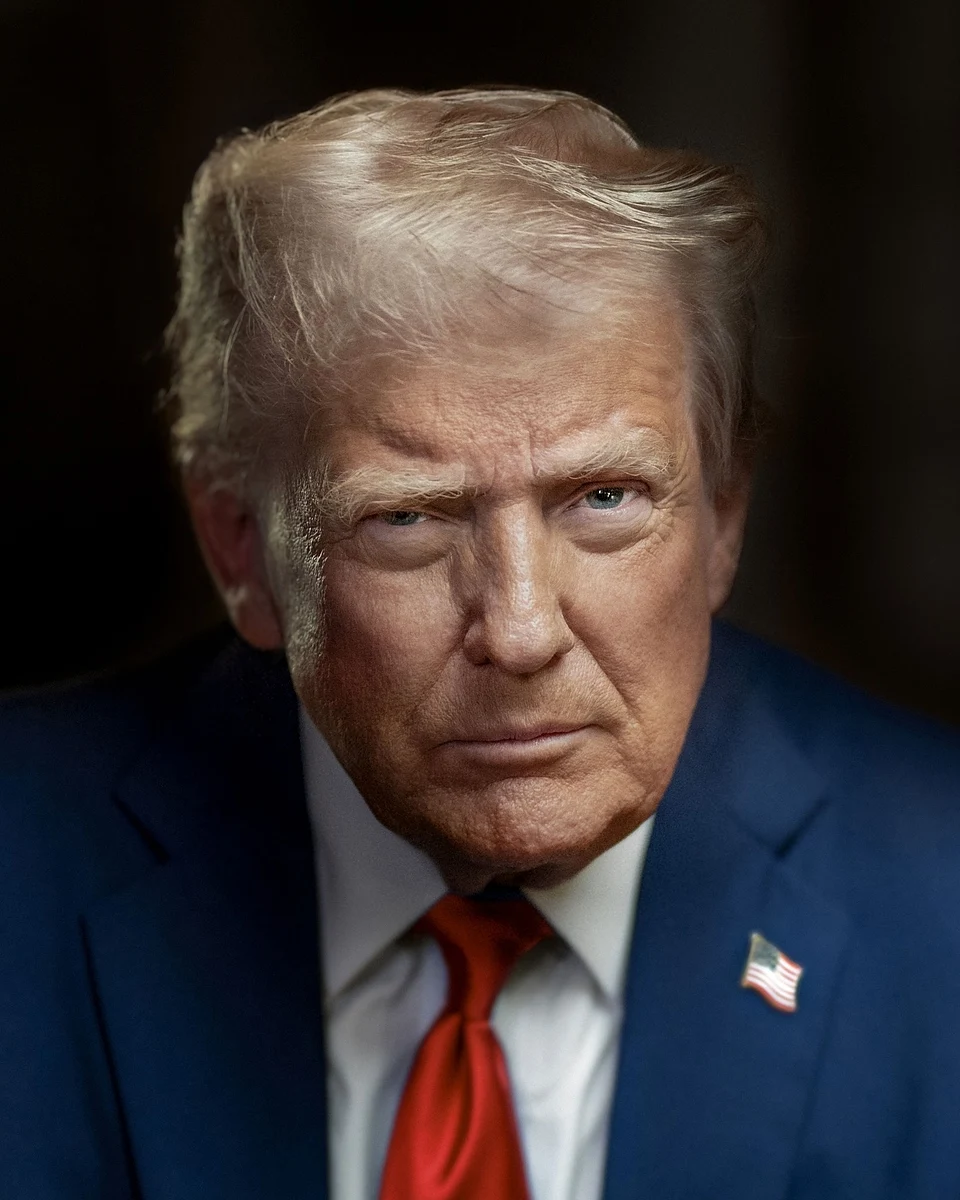The False Comparison Between Trump and Babiš
The comparison between Donald Trump and Andrej Babiš has long been a tempting one for European analysts and media. Babiš is not the Czech Trump.
Both are multimillionaires who burst into politics with a populist message and a blunt personal style—but that is where the similarities end. Trump built his narrative on a promise to fight corruption and return power to ordinary citizens. Babiš, by contrast, has never spoken of cleaning up Czech corruption because he is part of it: his political and business career feeds on the very mechanisms he claims to oppose. Calling them alike is to confuse criticism with caricature.
A Diverse Cabinet Versus a Closed Power Structure
Trump appointed Kash Patel, a man of Indian descent, as head of the FBI, confirmed by the Senate in February 2025. As Secretary of State, he chose Marco Rubio, a Cuban American who also served as acting National Security Advisor, acting USAID Administrator, and U.S. Archivist. He also counts on Cuban American congressmen such as Mario Díaz-Balart and previously his brother Lincoln Díaz-Balart. He has placed several people of foreign origin in key positions. His policy is not exclusionary or racist but directed against disordered and illegal immigration.
The Dark Mirror of Czech Corruption
The case of Andrej Babiš is another story. He never promised to eradicate corruption because, to a great extent, he is part of it. He was formally charged in 2017 in the Čapí hnízdo (Stork’s Nest) case, investigated for allegedly misusing EU subsidies meant for small businesses. In 2023 he was acquitted, but the verdict was annulled in 2025 and the trial reopened. His name also appears in the Pandora Papers for real estate operations through offshore companies under investigation by French authorities for possible money laundering. (Reuters; ICIJ)
An Environment Without Diversity or Dissent
Unlike the former U.S. president, Babiš has no one of foreign origin or from minority backgrounds around him. His political and business circle is entirely Czech—homogeneous and closed. None of his advisors, ministers, or allies come from Romani, immigrant, or refugee communities. While Trump sought to project inclusion within his conservative framework, Babiš built an exclusively white, nationalist circle of power. And in his rhetoric, there are no nuances: he makes no distinction between legal and illegal immigration, treating everything foreign as a cultural threat.
Neither in his first term (2017–2018) nor in the second one he is now trying to form has Babiš included anyone non-Czech, non-white, or outside his populist circle. All his ministers and advisors have been local figures—uniform in profile and loyal to his ideology. There is no trace of ethnic minorities, naturalized immigrants, or dissenting voices. His way of governing reflects a closed vision of power: nationalist in speech, exclusionary in practice.
The Myth of the “Czech Trump”: Babiš is not the Czech Trump

The nickname Czech Trump responds more to a media need than to political reality. It is a convenient label to explain to a foreign audience a local phenomenon far more opaque. In truth, Babiš is not a Central European version of Trump but the typical product of the very system he claims to fight: an oligarch shaped by the rules of state clientelism, who learned to speak like an anti-establishment rebel while living off the establishment itself.
His rhetoric, centered on the “me against the system” narrative, collapses when one looks beyond the spectacle. Trump represents an ideological movement with a social base and a national story; Babiš, by contrast, embodies a purely personal project. While the former challenges the “deep state,” the latter is entangled with it—living off public contracts, EU subsidies, and control over key institutions. His populism does not aim to transform power but to preserve it for personal benefit. Calling him the Czech Trump is, in the end, a media trick rather than a political definition.Related article: Babiš wins Czech elections 2025
The Normalization of Extremism
The former U.S. president would never surround himself with far-right figures marked by scandals involving Nazi symbols or gestures; in the United States, that would be political suicide. In the Czech Republic, however, such backgrounds rarely have consequences. Politicians, councilors, or candidates who have posed with Nazi imagery, fascist salutes, or hate messages barely face sanctions and are often described by media and institutions as “provocative” or “immature.” Society tolerates it with an indifference that exposes how deeply extremism has been normalized: here, wearing a swastika can cost less than denouncing one.
Allies With a Violent Past
Nor would Trump ever appoint honorary leaders with records of domestic violence or name as symbolic figures those accused of threatening their partners with firearms. In the Czech Republic, however, that hardly disqualifies anyone. The case of Filip Turek, honorary president of Motoristé sobě, proves it: according to Brno Daily (June 24, 2025), he is under police investigation following a complaint from his former partner, who accuses him of years of domestic abuse, armed threats, and possible sexual assaults dating back 15–20 years. The prosecution is considering whether the case may expire, which—if confirmed—would once again show how Czech institutions tend to favor nationalist figures even in serious cases. Still, Turek remains honorary leader, while the party presents Petr Macinka as a more approachable face for the same nationalist rhetoric, just better packaged.
Institutional Double Standards
This double standard is not limited to political rhetoric; it also permeates the functioning of the state itself. In the Czech judicial and administrative system, a troubling pattern repeats. When perpetrators are people who profess ultranationalist ideas—whether through Nazi symbols, racist insults, or physical assaults—institutions often describe their acts as “youthful mistakes,” “provocations,” or mere “excesses of opinion.” Yet when the victims belong to ethnic minorities, are foreigners, or hold international protection, the tone changes completely: they are portrayed as individuals who “believe they have more rights than Czechs,” their credibility is questioned, and they often end up accused of provoking the events themselves.
Thus, fascist violence is trivialized while the legitimate defense of victims is criminalized. And it is precisely this institutional climate that allows figures like Babiš to thrive. His discourse feeds on that passivity—on a society that normalizes extremism and punishes those who expose it.
